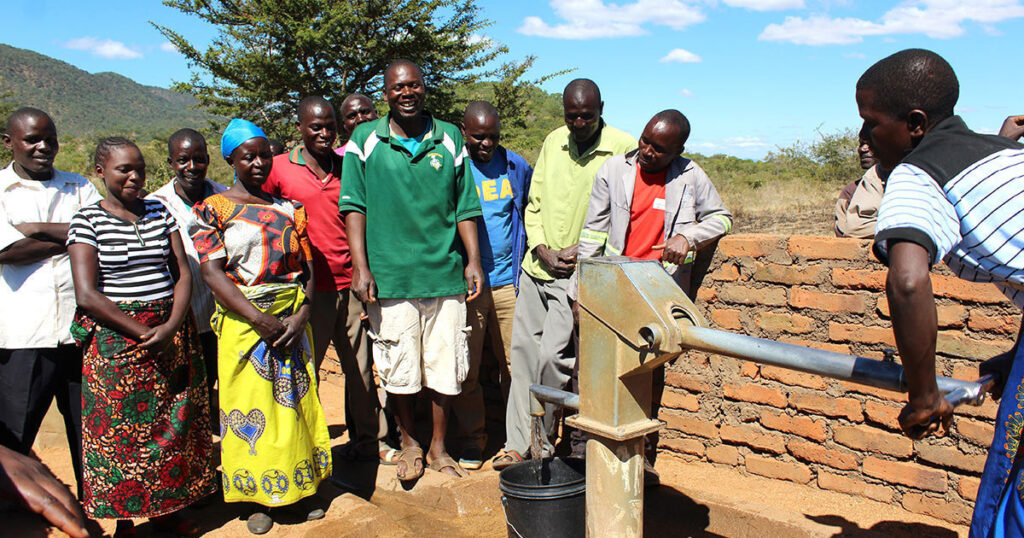
In the ongoing battle against preventable diseases, the crucial role of awareness and education in fostering proper hygiene practices cannot be overstated. While it is a widely acknowledged fact that poor sanitation is linked to the transmission of cholera, dysentery, and typhoid, communities with limited resources often grapple with a lack of knowledge on effective preventive measures.
In many instances, despite the implementation of measures, a significant portion of the population remains uninformed about how to safeguard themselves and their communities from the onslaught of infections. The consequence is a hindrance to community-level efforts to prevent diseases, impacting not only individual well-being but also the social and economic development of the entire community.
A fundamental aspect of personal well-being lies in individual responsibility for hygiene. Basic practices, such as regular handwashing and proper oral hygiene, are vital to reducing the risk of contracting diseases. However, the lack of awareness amplifies the challenges, particularly in areas with limited access to safe clean water and sanitation facilities.
The significance of knowledge in disease prevention becomes even more pronounced when considering specific diseases like malaria, which remains a leading cause of death, especially among young children. Without awareness of preventive measures, such as using mosquito nets and eliminating stagnant water, the community’s efforts to combat the disease are compromised.
Basic hygiene habits, including proper handwashing techniques with clean water and soap, play a pivotal role in impeding the spread of infections. Communities must recognize that the absence of this knowledge allows diseases to persist within their midst. Yet, there is hope on the horizon.
Community education initiatives and workshops are non-negotiable in the fight against preventable diseases. By fostering an understanding of the importance of hygiene and advocating for a balanced diet, these efforts can significantly contribute to disease prevention. Empowering communities with the necessary knowledge becomes paramount in this endeavor.
To bridge the gap, community leaders must unite in a collective effort to educate members on the significance of health at both the individual and community levels. Outreach events stand as effective platforms for disseminating information and promoting the adoption of healthier practices.
Simply put, the lack of awareness and education on proper hygiene practices poses a formidable challenge to community-level disease prevention. By embracing a comprehensive approach that combines personal responsibility, community education, and collaborative leadership, we can pave the way for healthier, more resilient communities.


